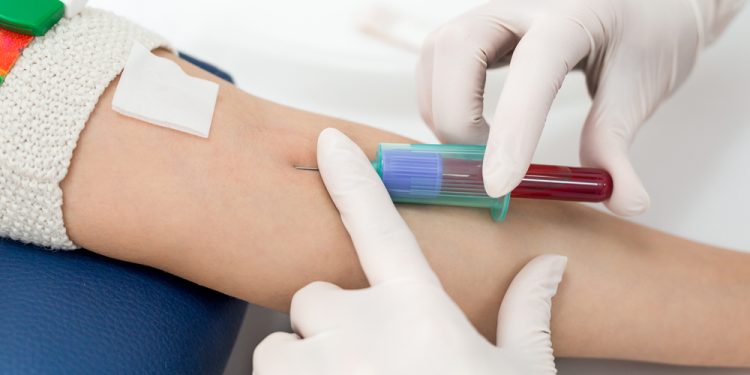Health insurers are closely monitoring the shortage of blood test tubes which has caused NHS England to order doctors to stop all primary care and community testing for three weeks unless it is clinically urgent.
Acute and mental health trusts have also been ordered to reduce their demand by a minimum of 25% for the three-week period up to 17 September 2021.
Insurers told Health & Protection that they would also seek to use alternative means for underwriting evidence, but that delays could occur during applications.
Outlining the severity of the situation, NHS England and NHS Improvement wrote to GPs, trust and clinical commissioning group leaders yesterday, warning that the situation was likely to get worse.
“The supply position remains constrained and is forecasted to become even more constrained over the coming weeks,” it said.
“While it is anticipated that the position will improve from the middle of September, overall supply is likely to remain challenging for a significant period.”
The letter continued: “Alternative products are being sought to alleviate these constraints; and all labs that will be switching to these supplies have received samples for testing and validation.
“However, it will take time for these products to be imported and delivered in volume to services. It is important and urgent that demand is reduced as much as possible and that this letter is acted upon immediately.”
The crisis has been sparked by medical technology firm Becton Dickinson not being able to produce its expected number of tubes, along with a wider global shortage.
Earlier this month NHS England told doctors to reduce non-essential non-clinically urgent testing, to use blood samples for as many tests as possible and to stop all training involving these tubes.
The move led to the British Medical Association (BMA) to hit out at the testing restrictions being imposed on doctors.
Alternative evidence where possible
Prior to yesterday’s announcement of the further worsening situation, Health & Protection asked insurers if the shortage of blood test tubes was affecting their ability to process customer claims.
Zurich told Health & Protection: “A key supplier of blood bottles to the NHS is experiencing significant supply chain issues and we understand that the restoration in availability is not expected until at least the end of September.
“This could introduce a delay to a customer’s underwriting or claim journey if the context demanded blood testing. To date we have not seen any delay, and we will look to mitigate that through alternative evidence wherever possible.”
A spokesperson for Vitality said the firm was aware of the current disruption to the supply chain for blood testing and is monitoring the situation closely.
“Our funded healthcare and policy applications are not impacted by these restrictions at present. Many of our routine screenings for our health and life businesses use only the finger prick method for obtaining a blood test.”
Debbie Bolton, head of customer operations at AIG Life, agreed the shortage was a concern and added the insurer was also monitoring the situation.
“But we don’t expect it to affect AIG Life customers and people wanting protection insurance from AIG Life can continue to apply,” she said.
“It hasn’t impacted our ability to conduct insurance examinations and is unlikely to affect insurance underwriting or claims processing.”
Holloway Friendly said its underwriting and claims functions had not been adversely affected by the shortage to date.
And William Russell was equally confident about the prospects of the shortage having any affect on claims.
“As an international private medical insurance (IPMI) provider, our clients have the freedom to choose any facility in any country to receive medical treatments and have health check-ups,” the insurer said.
“Based on our claims data for 2016 to 2021, UK cases only account for 8% of our wellbeing claims among 158 countries and 100% of our clients have chosen a private facility.
“It is evident that our wellbeing claims in UK have been fairly consistent during the past five years and we do not foresee that these restrictions will cause any inconvenience for our clients nor our ability to assess claims.”






